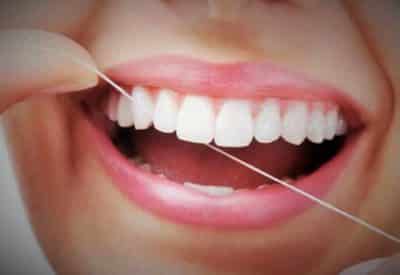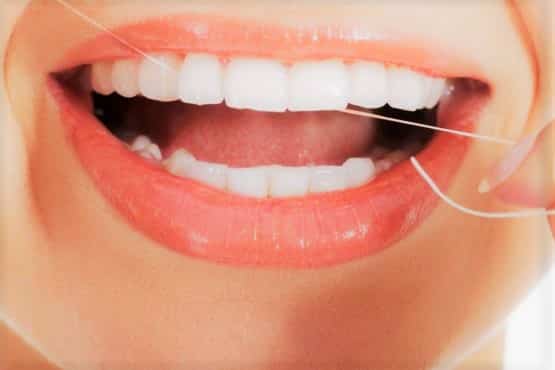
Dental anxiety affects millions of people across the United States, often causing them to delay or avoid dental visits altogether. Whether this anxiety stems from fear of pain, past traumatic experiences, or simply feeling out of control, it can have serious consequences for your oral health. However, overcoming this anxiety is possible with the right strategies and support.
At Mountain View Dental, we understand how detrimental this anxiety can be to your overall oral health and well-being. But we also understand how difficult it can be for patients to overcome this anxiety before coming into the office for an appointment. If you have experienced dental anxiety in the past and want to learn some techniques to help you overcome it, keep reading to see what our team recommends.
Understanding Dental Anxiety
If you have dealt with dental anxiety in the past, you may worry that this is a feeling that only you experience. However, it is important to note that approximately 36% of people across the United States have reported experiencing this anxiety before a dental appointment. This anxiety manifests in a variety of ways, including increased heart rate, panic attacks, or sweaty palms.
While dental anxiety is common among adults, the cause for this anxiety tends to vary greatly. Often, it stems from a combination of factors, including:
- Fear of Pain: One of the most common reasons for dental anxiety is the fear of experiencing pain during or after your dental procedure.
- Previous Traumatic Experiences: If you’ve had a negative experience during past dental visits, such as discomfort or perceived mistreatment, you may continue to experience ongoing anxiety.
- Loss of Control: Some people feel anxious when they perceive a loss of control over their surroundings or the treatment process.
- Embarrassment: Concerns about the condition of your teeth or potential judgment from the dentist or dental staff can also trigger anxiety.

Overcoming Dental Anxiety
Although your dental anxiety may seem overwhelming, there are several ways that you can address it and attempt to overcome it before an upcoming dental appointment. Some of the most common ways to overcome this anxiety are:
1. Open Communication
If you have experienced dental anxiety in the past, keeping an open line of communication with your dental team is a great way to begin to overcome it. This communication gives you an opportunity to ask plenty of questions and clarify anything that may leave you feeling concerned. Asking questions and discussing your upcoming procedure can help you prepare for what is ahead, so you’ll feel comfortable during the process.
2. Gradual Exposure
If you are feeling nervous, it might be a good idea to start by scheduling a series of shorter, non-invasive appointments to acclimate yourself to the dental environment gradually. Starting with gradual exposure through dental cleanings or fluoride treatments also gives you an opportunity to get to know your dental team. When you know the people performing your services, you may begin to develop more trust in them. As your trust grows, you can begin to incorporate more extensive dental procedures.
3. Relaxation Techniques
Practicing relaxation techniques such as deep breathing, meditation, or visualization can help you calm your nerves before and during your dental procedure. While you might not believe that these techniques can make a substantial difference, they are incredibly helpful for anxious dental patients. However, it is important that you practice these techniques before your appointment so you aren’t attempting them for the first time while you’re incredibly anxious.

4. Distraction Techniques
Whether you enjoy listening to music, podcasts, or audiobooks, having an audio distraction is a great way to keep your mind busy during your appointment. If you use noise-canceling headphones, this distraction should also help you avoid the loud sounds coming from your dentist’s tools. If you’ve been looking forward to listening to a new podcast episode or starting a new audiobook, it might be best to save it for the day of your appointment.
5. Sedation Options
While sedation options aren’t suitable for all dental procedures, more intensive procedures might be the perfect time to talk to your dentist about them. Whether they provide you with an oral sedative, IV sedative, or laughing gas, there are plenty of sedative options that make it much easier for individuals to get through their appointment without having to feel, hear, or see the procedure being performed.
6. Choose the Right Dentist
Dentists aren’t one-size-fits-all. One dentist may be great for you, but they aren’t a great fit for someone else. If you are experiencing dental anxiety, look for a dentist who specializes in treating anxious patients. Read through reviews to see how your dentist responds to individuals with dental anxiety, and give the office a call to chat with them. They may inform you of amenities available to help you through this anxiety, like soothing music, comfortable seating, or overhead televisions to keep you distracted.

Dental Professionals You Can Trust
Dental Anxiety can stand in the way of individuals seeking necessary dental care. But, when you work with a reliable dental team, like our team at Mountain View Dental, you can trust that the procedure will be done with patience and care. At Mountain View Dental, we have years of experience helping individuals overcome their dental anxiety, and we’re confident that we can do the same for you.
From veneers and teeth whitening to root canals and dental cleanings, our team provides a variety of dental services. We can help you schedule your appointments to ease back into receiving dental care. If you are ready to schedule a dental appointment in the North Ogden area or you’d like to speak to our team about the services we provide, don’t hesitate to reach out to us today for support.







